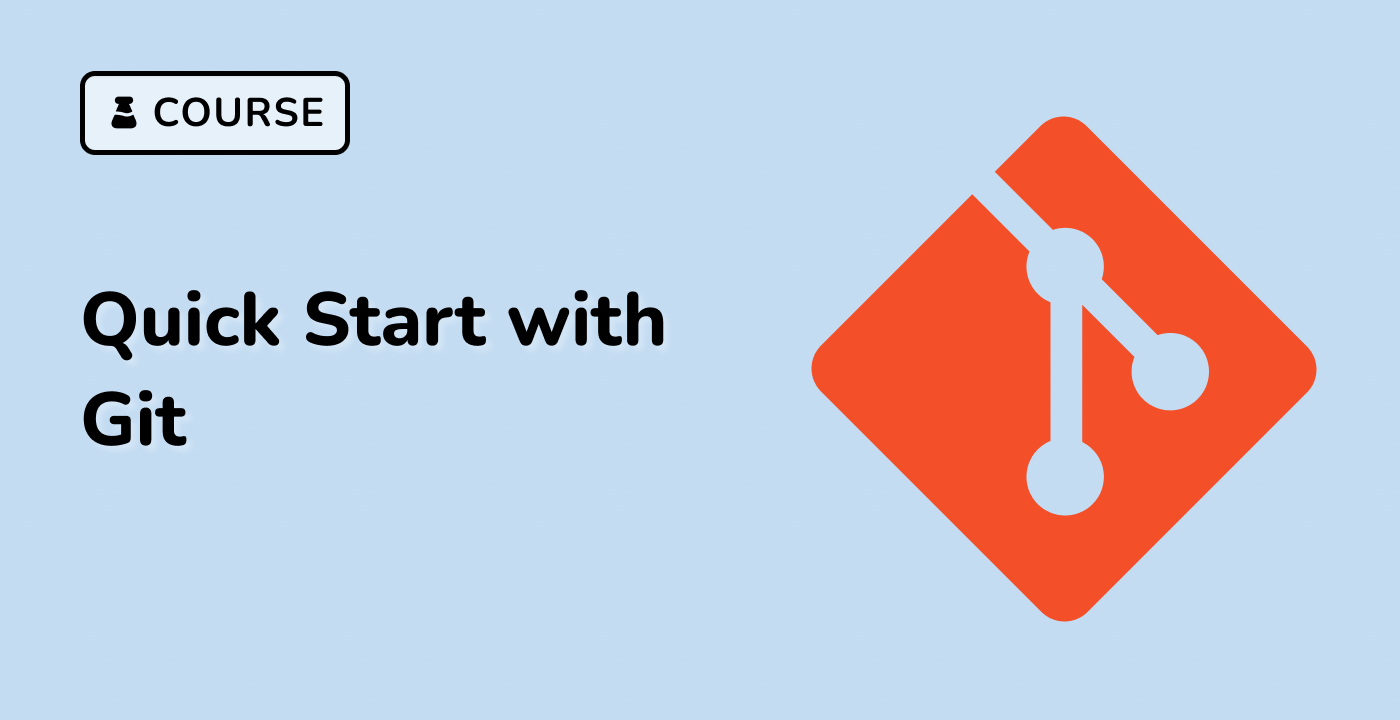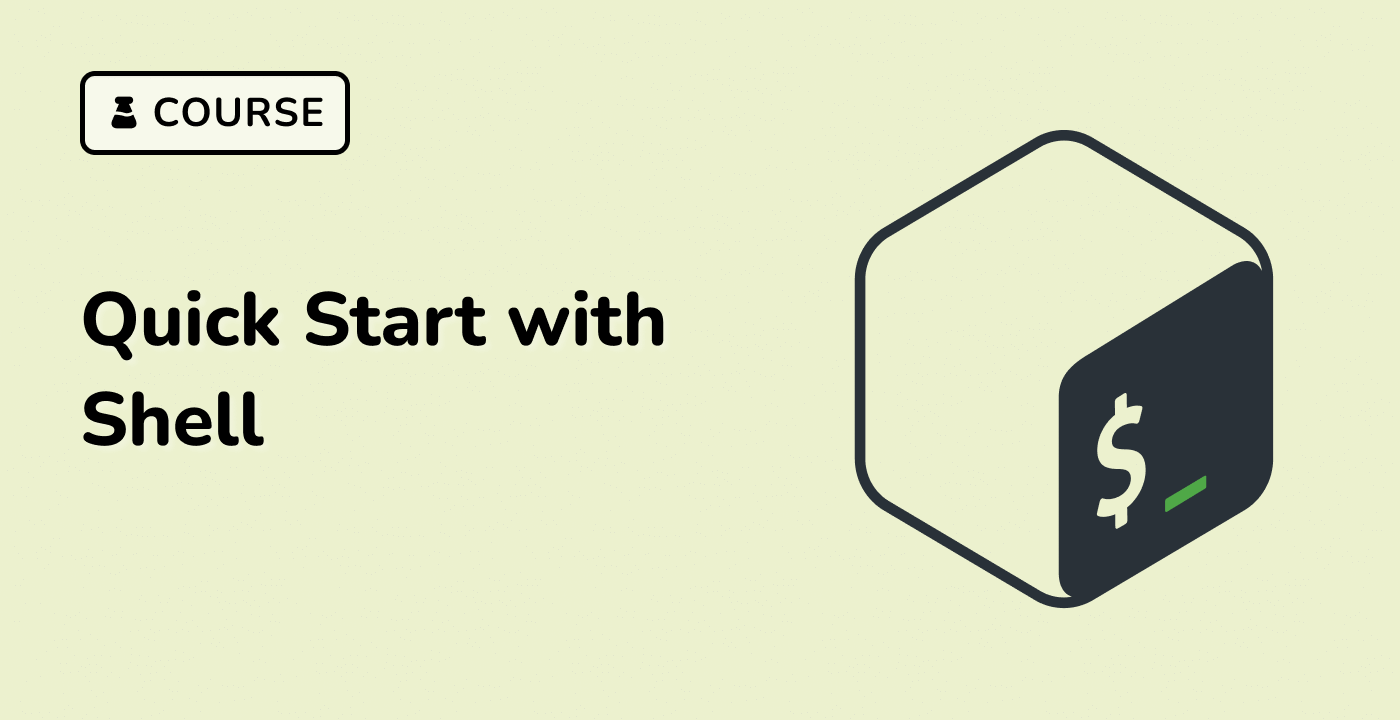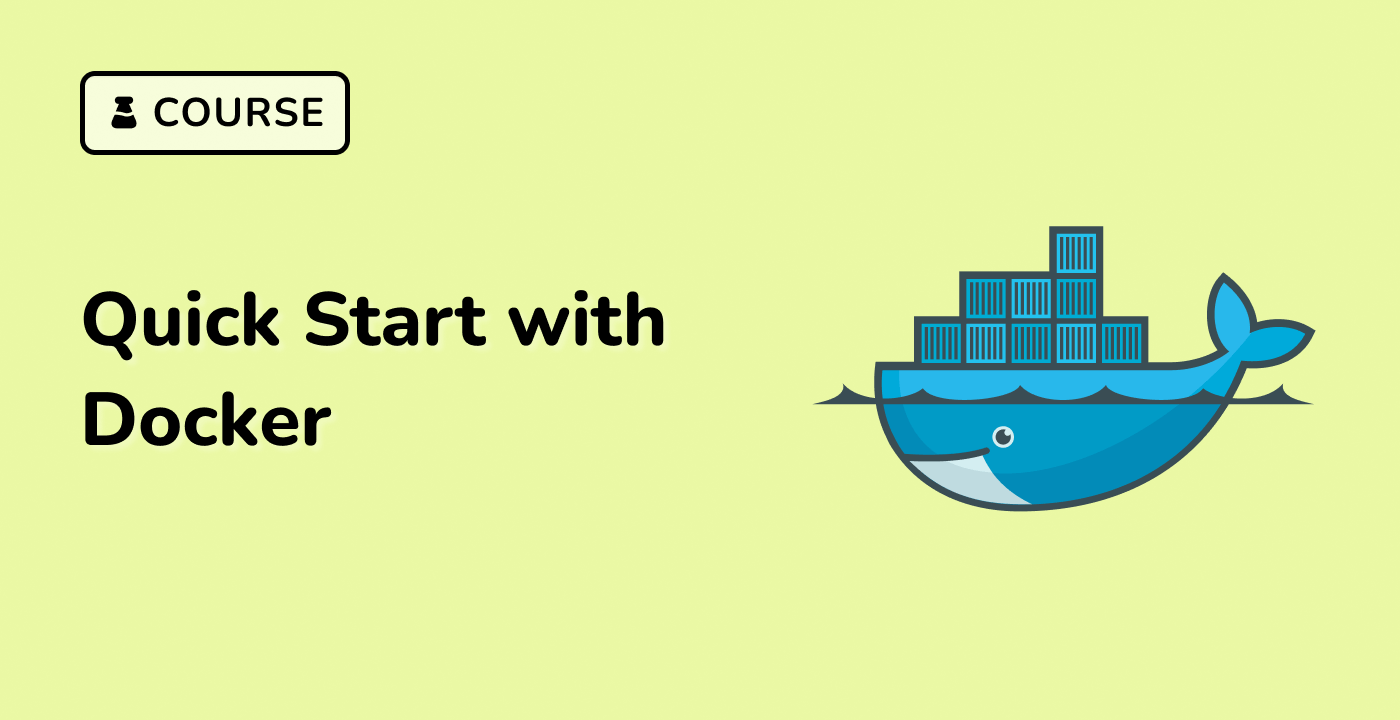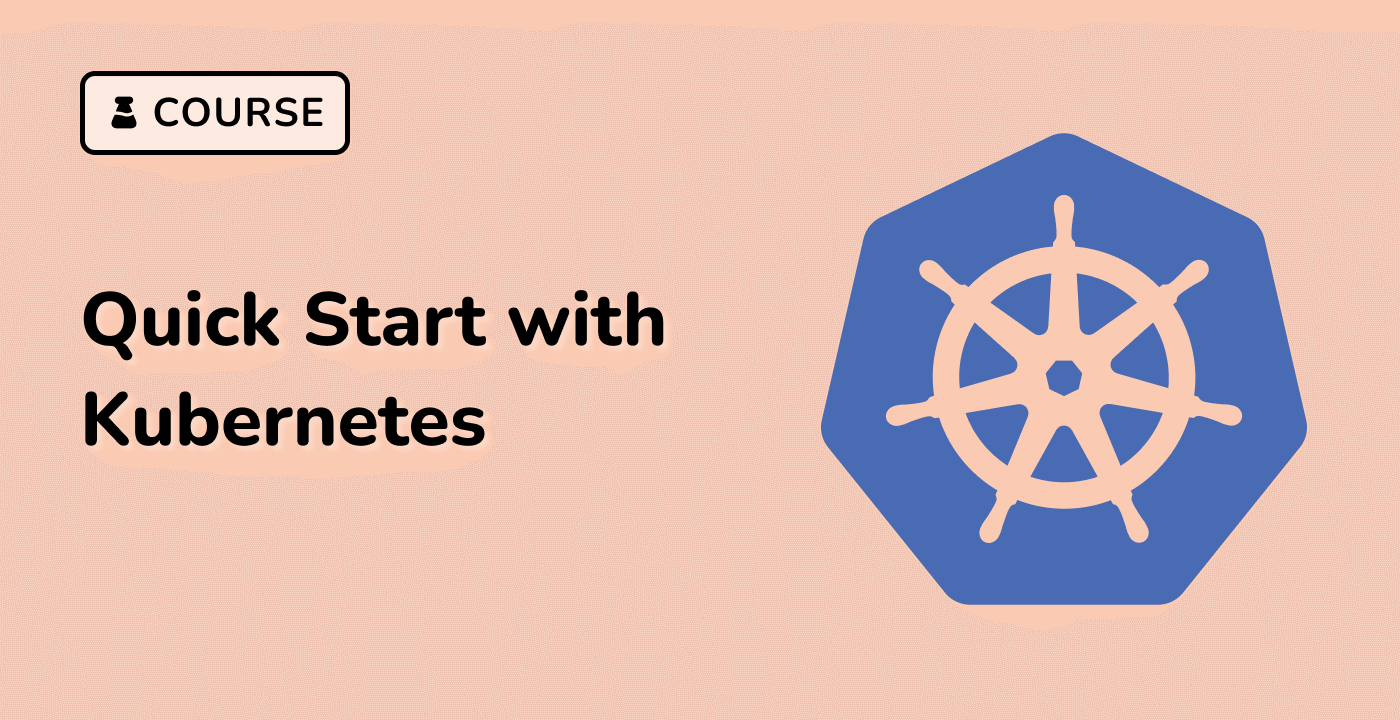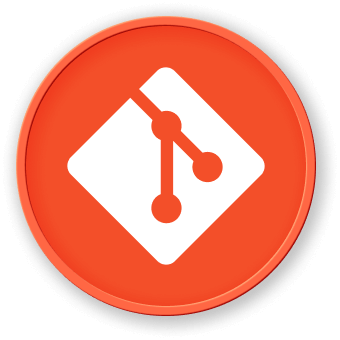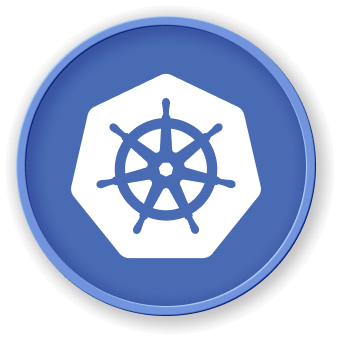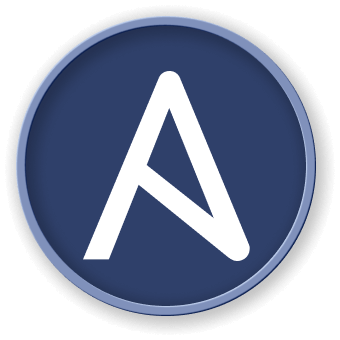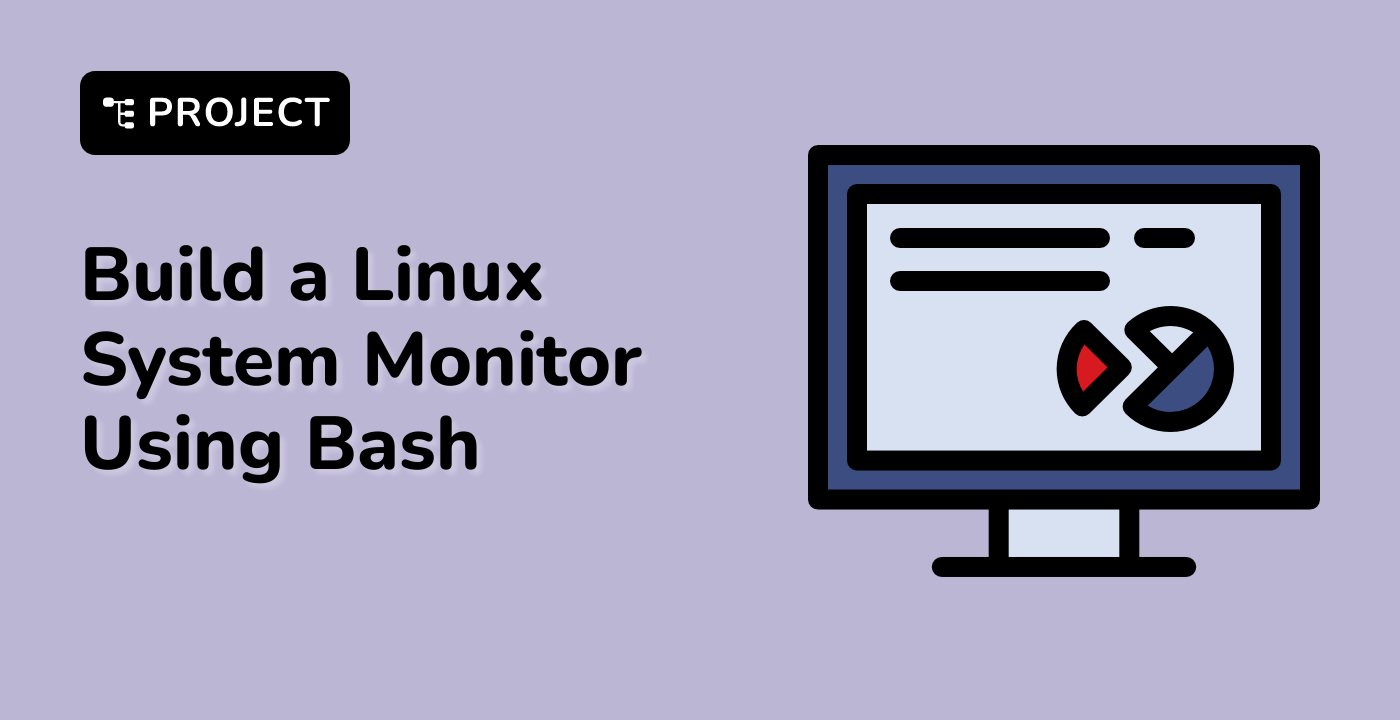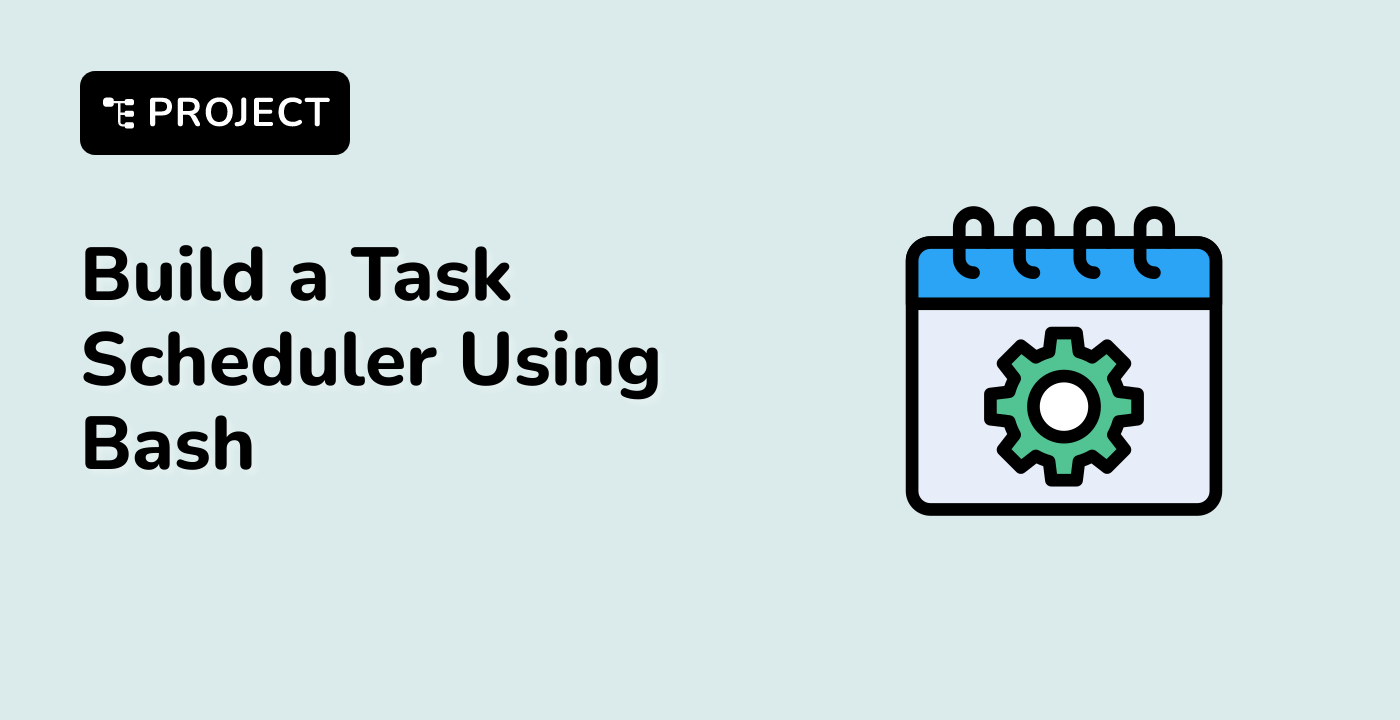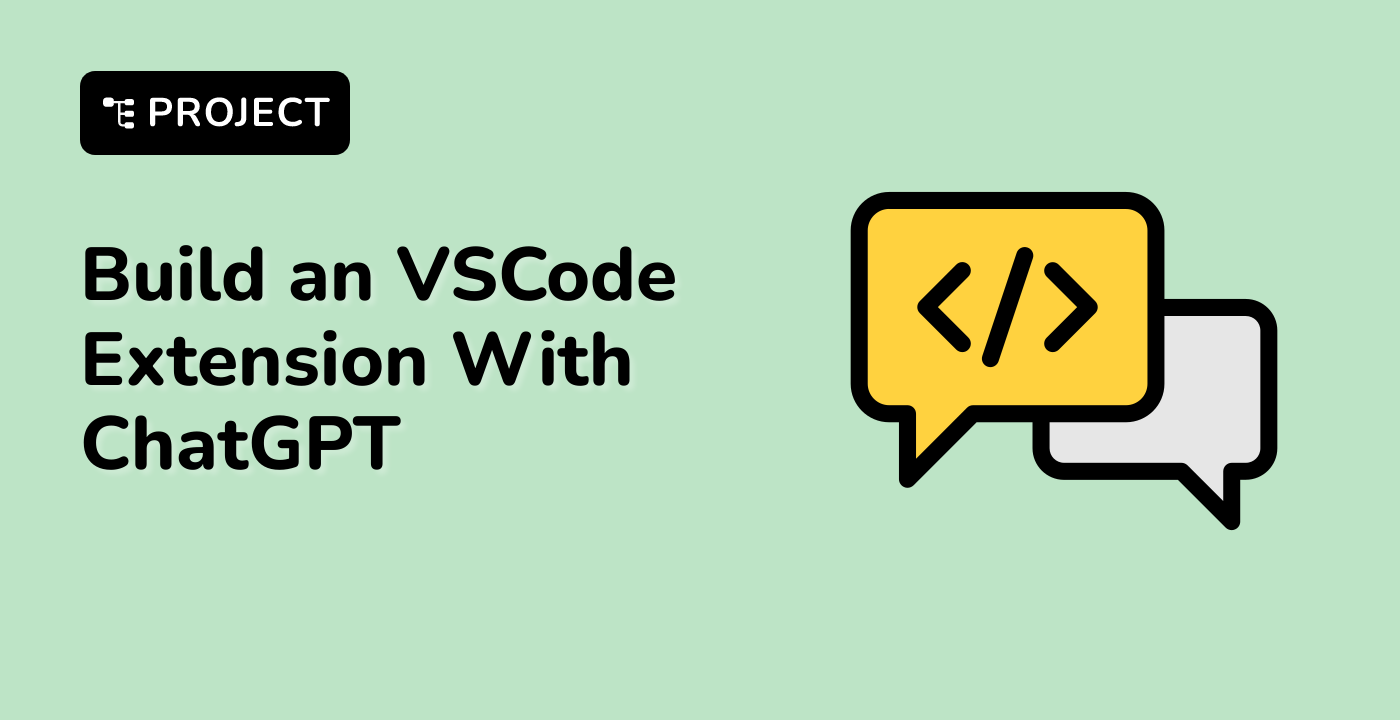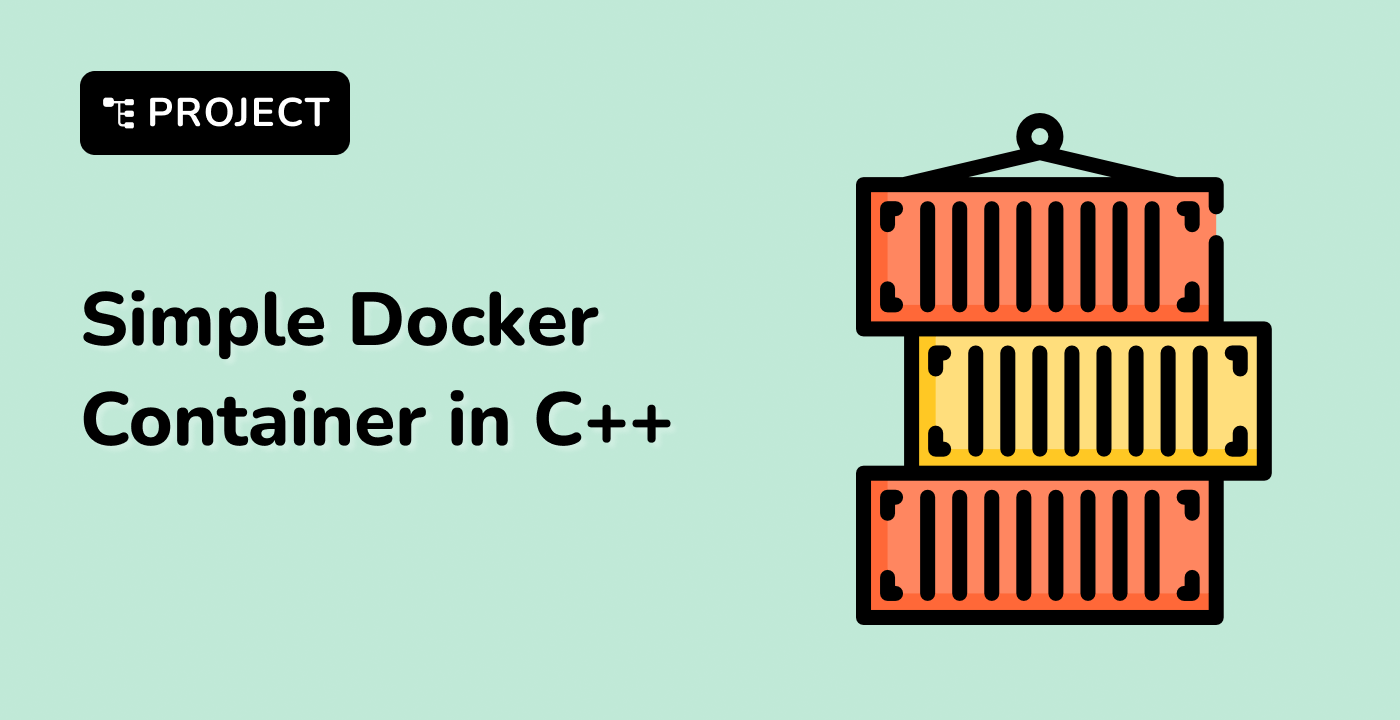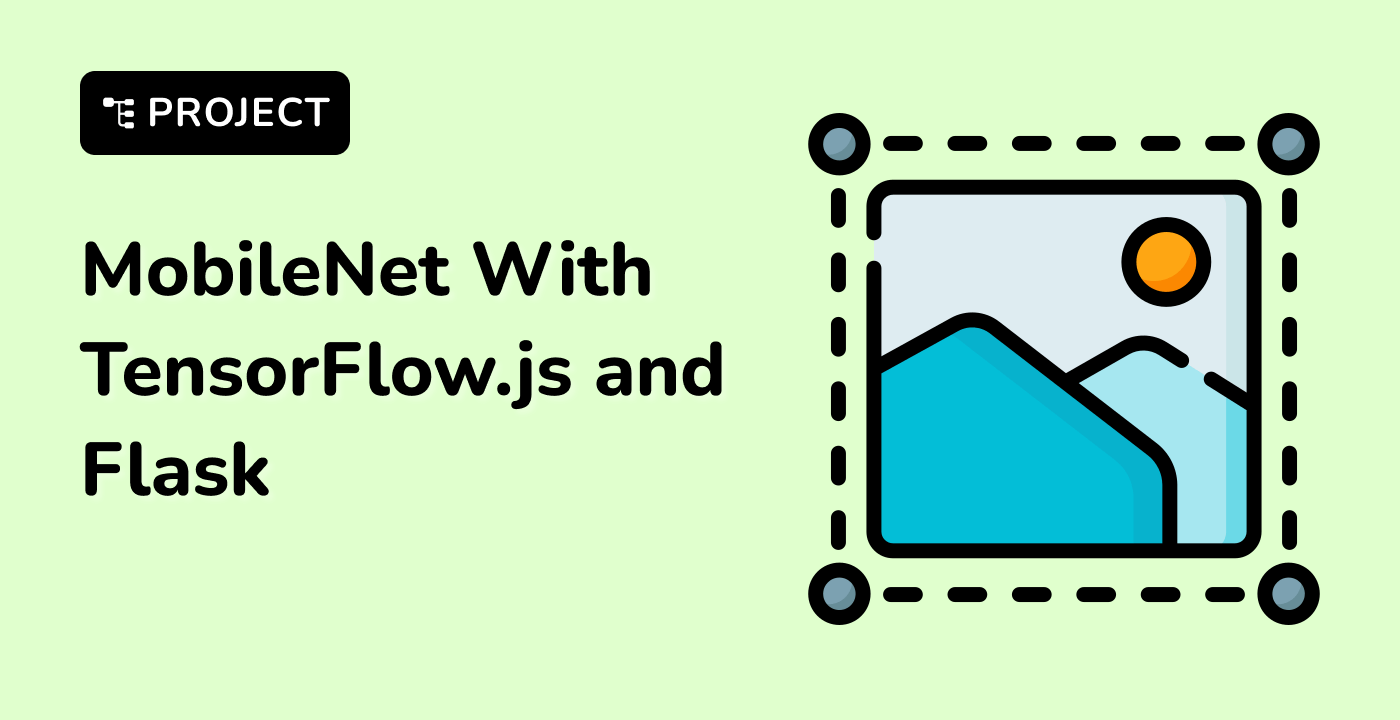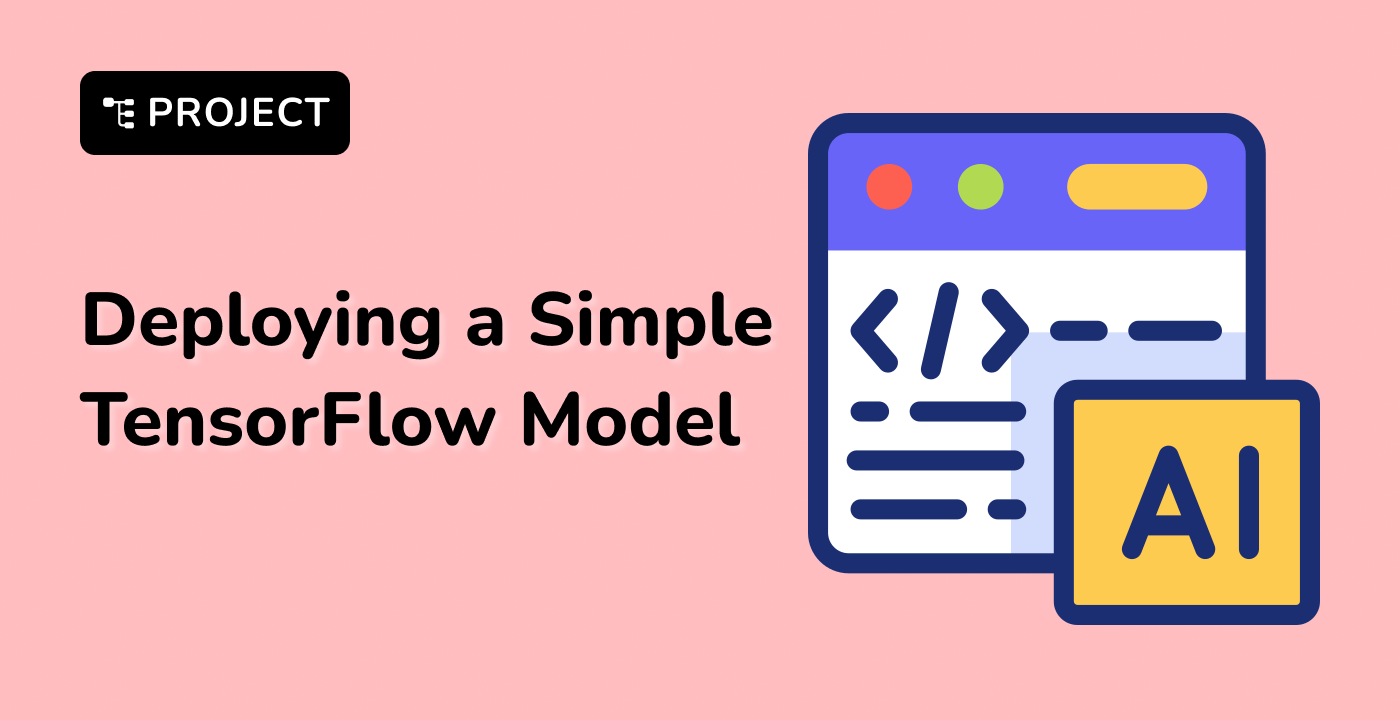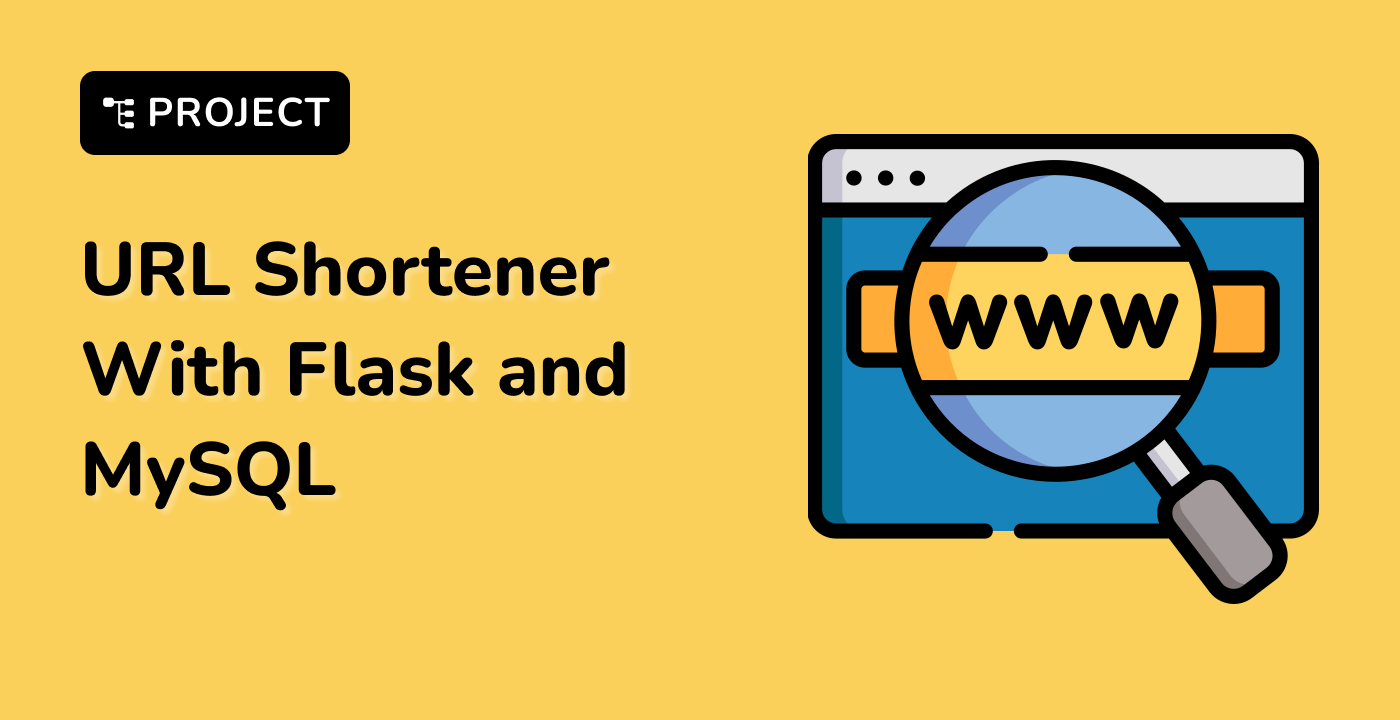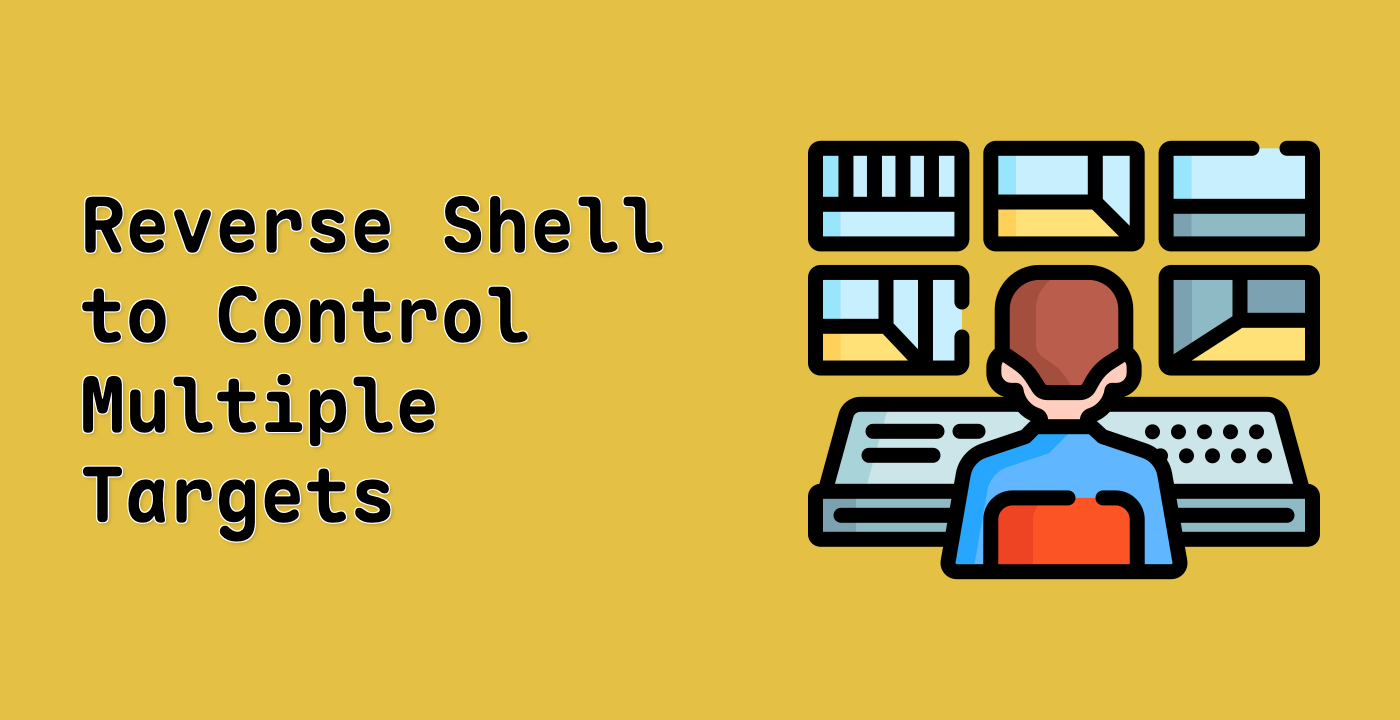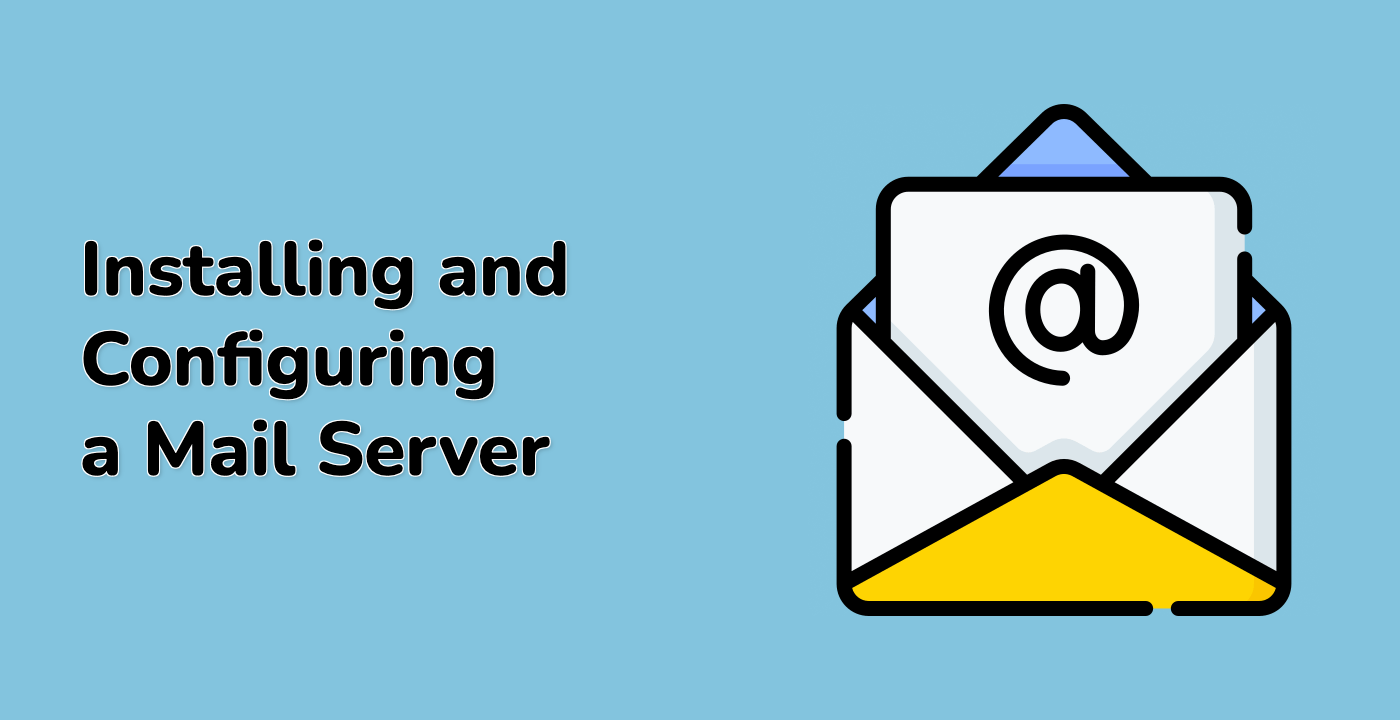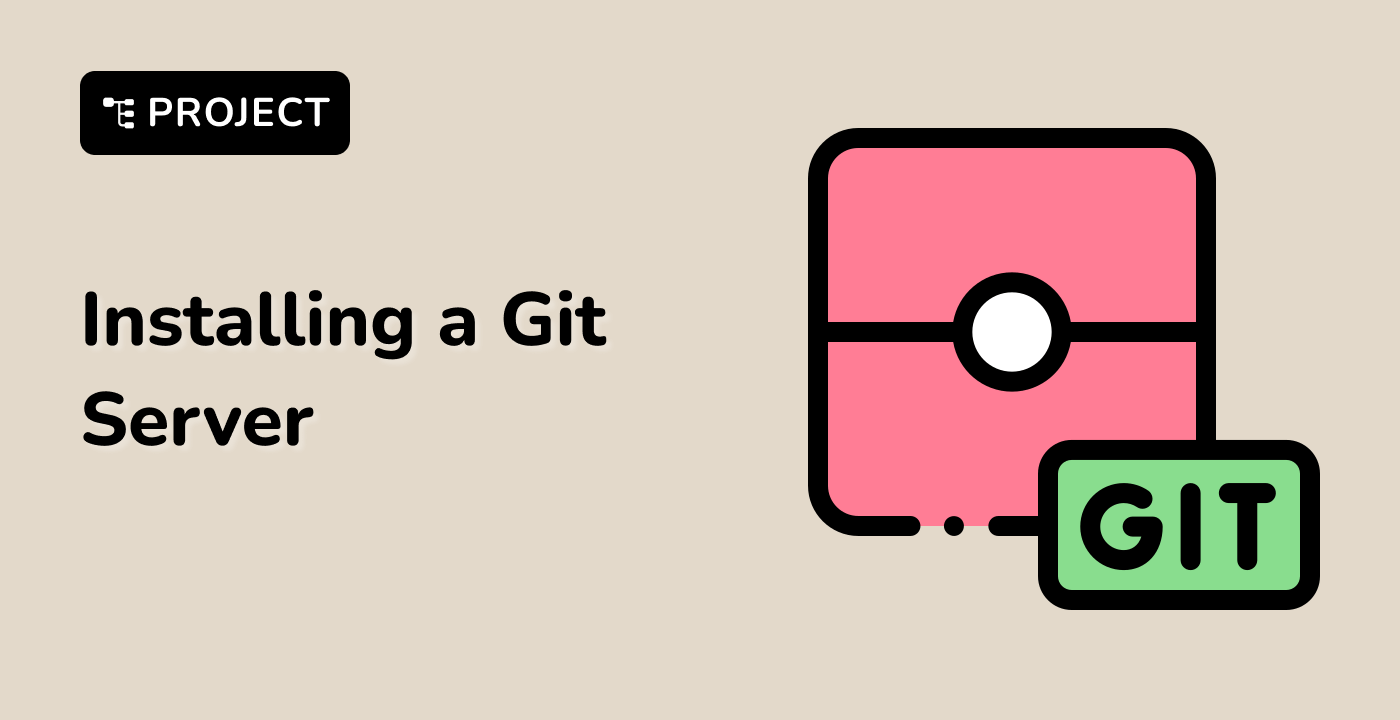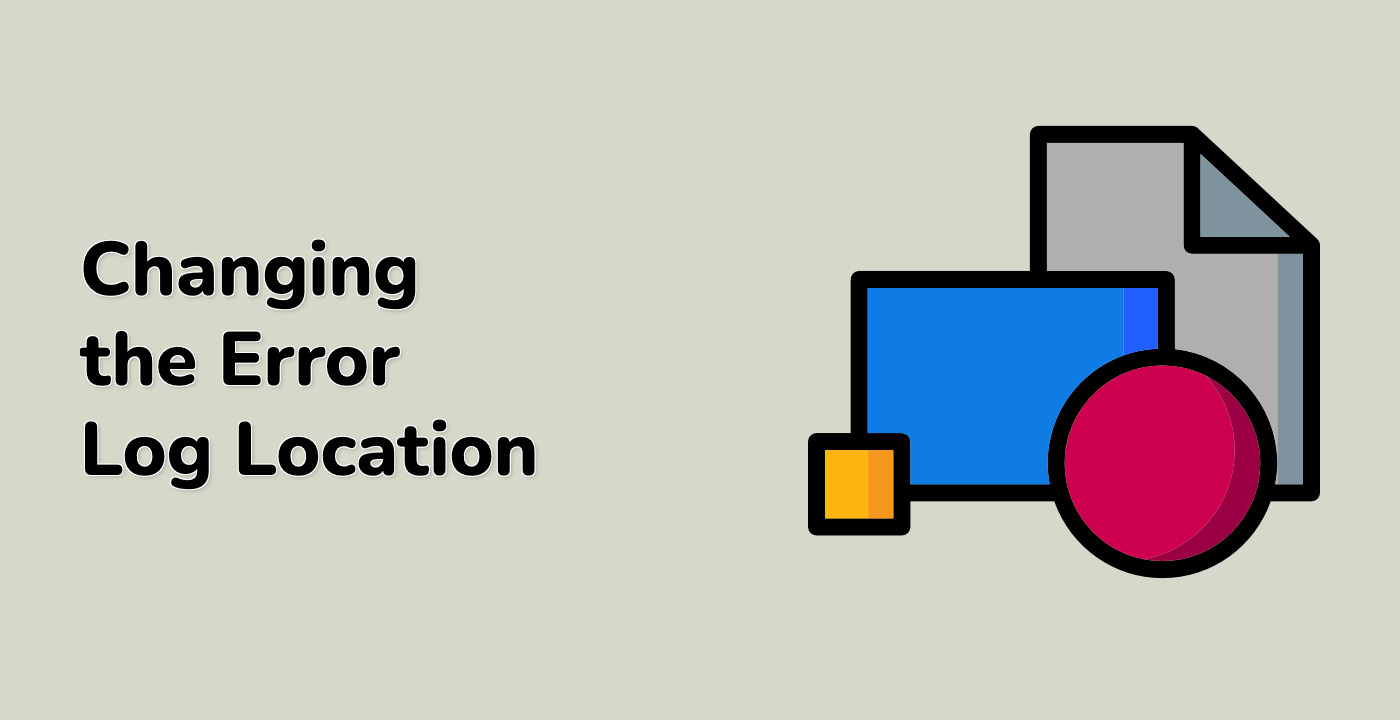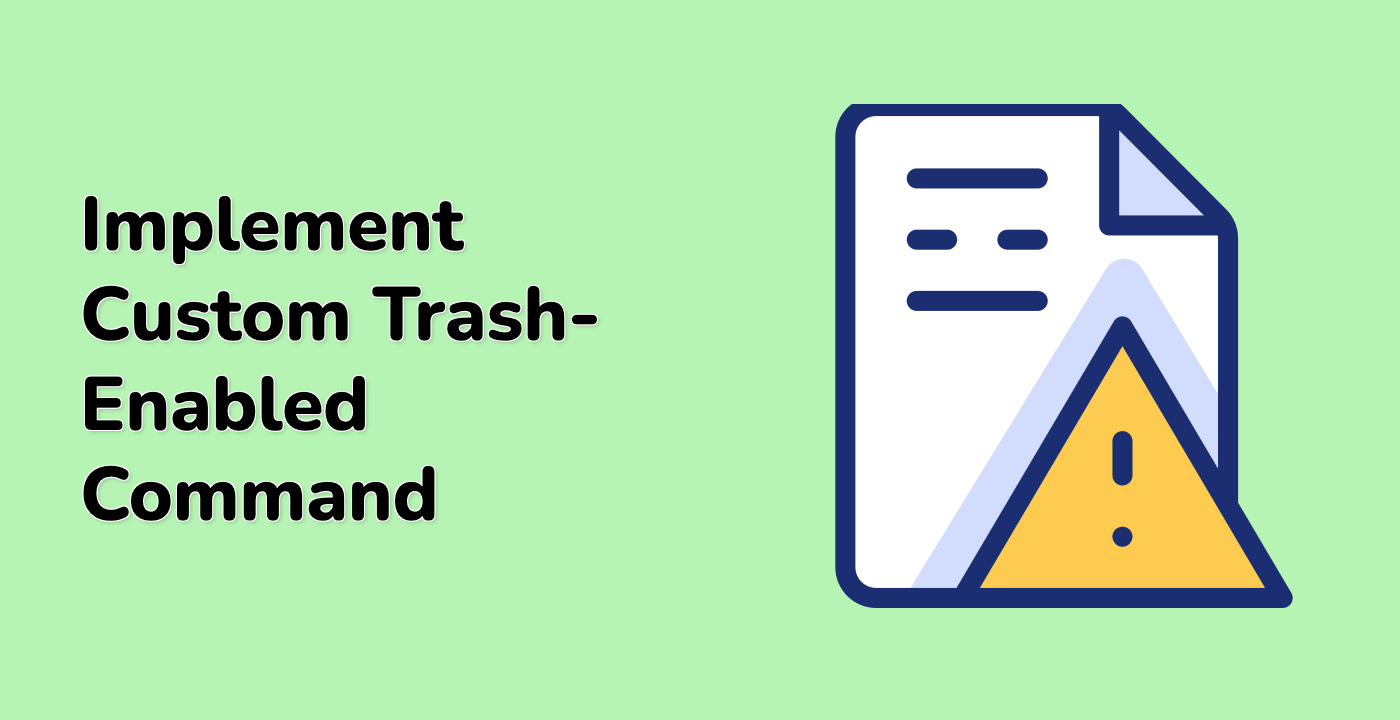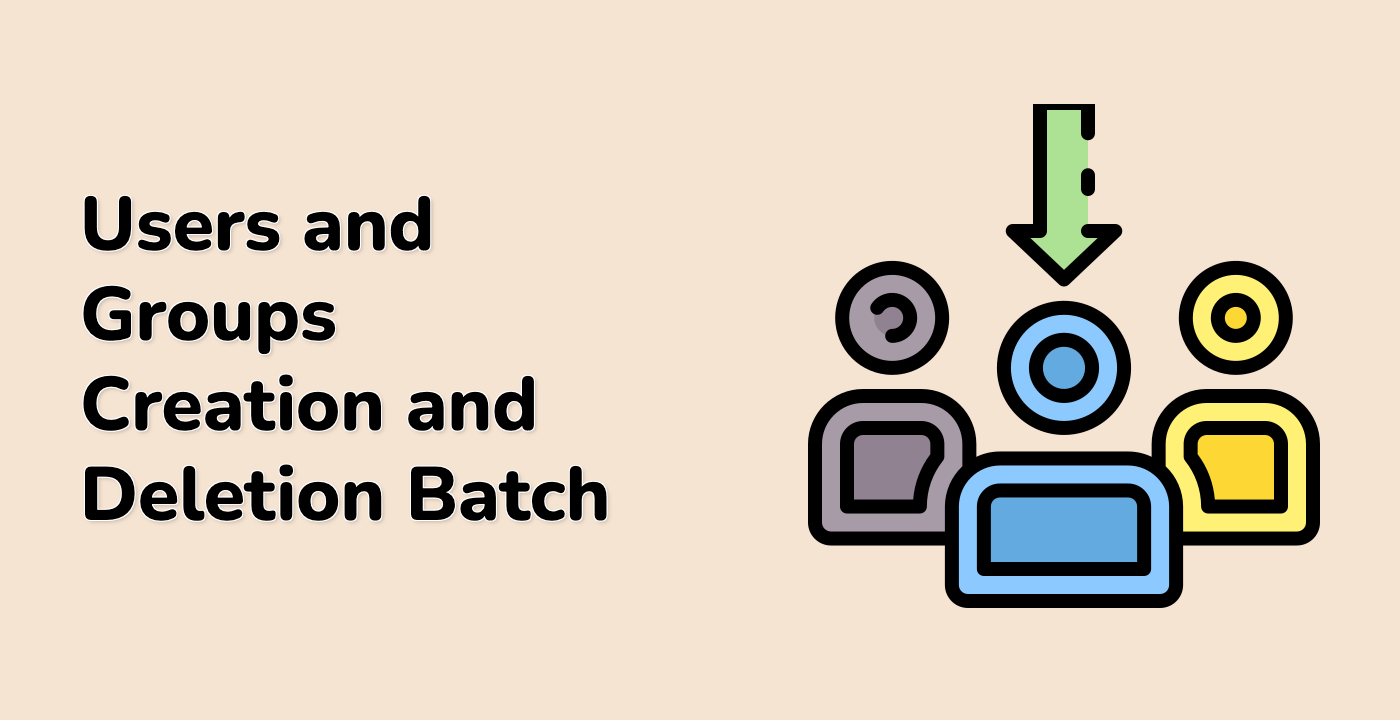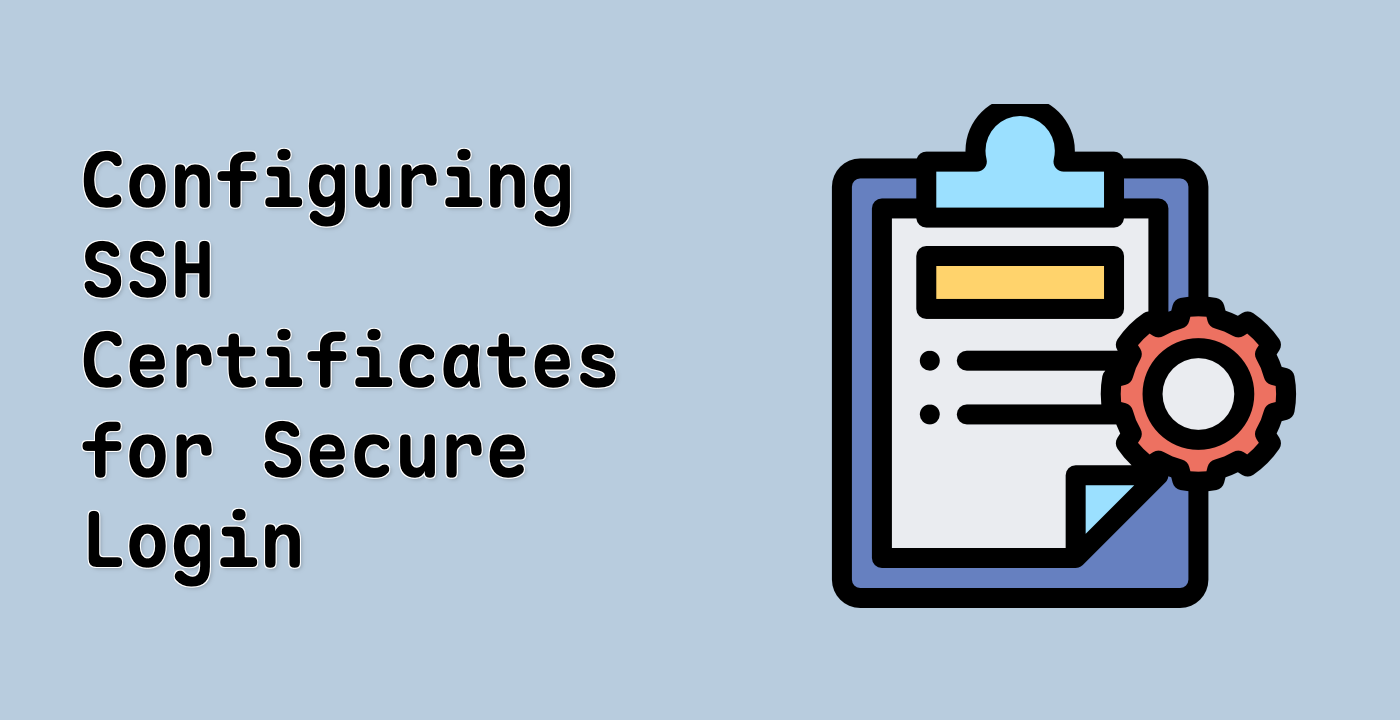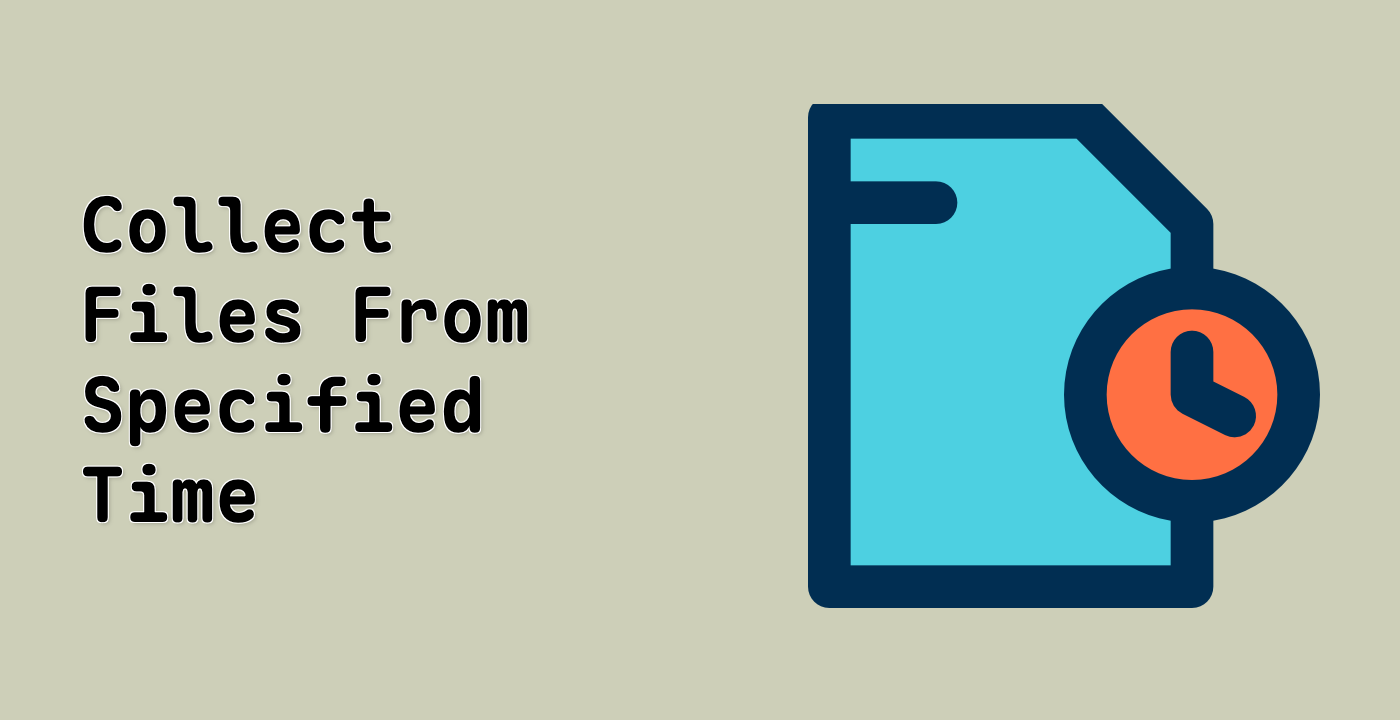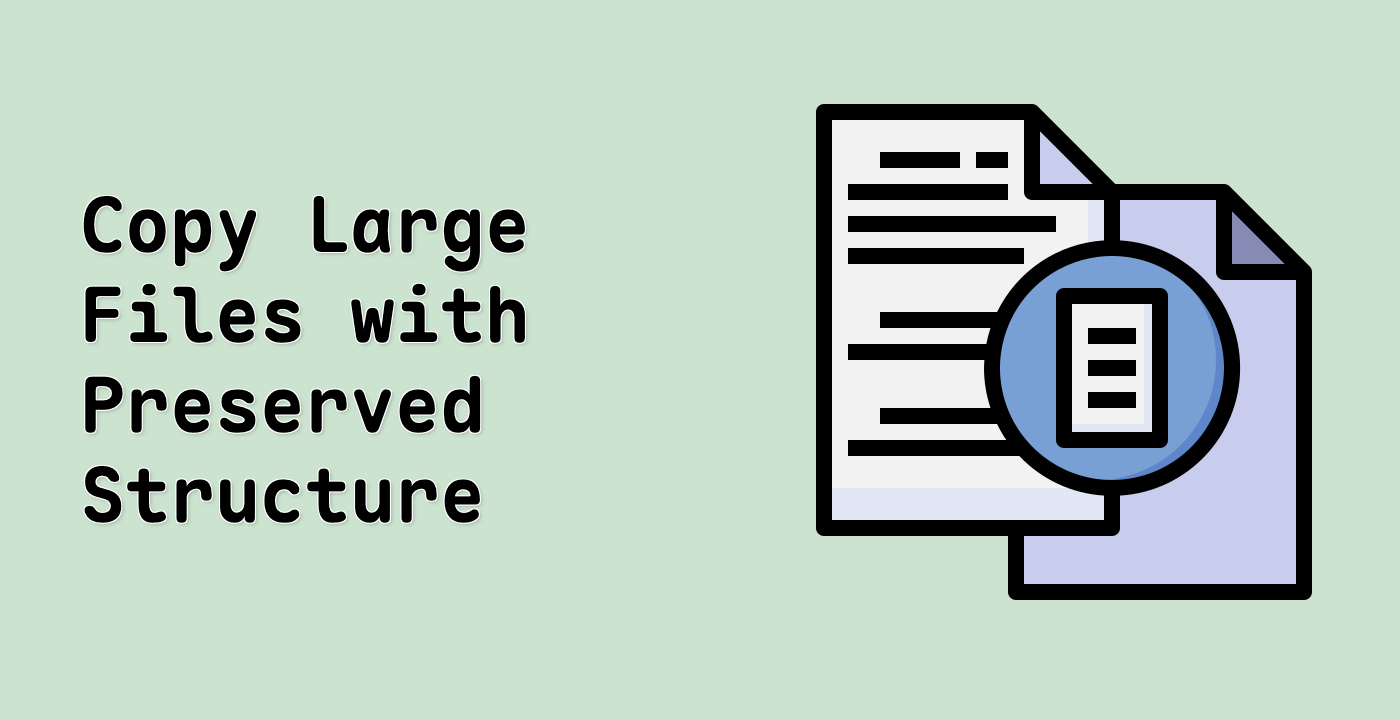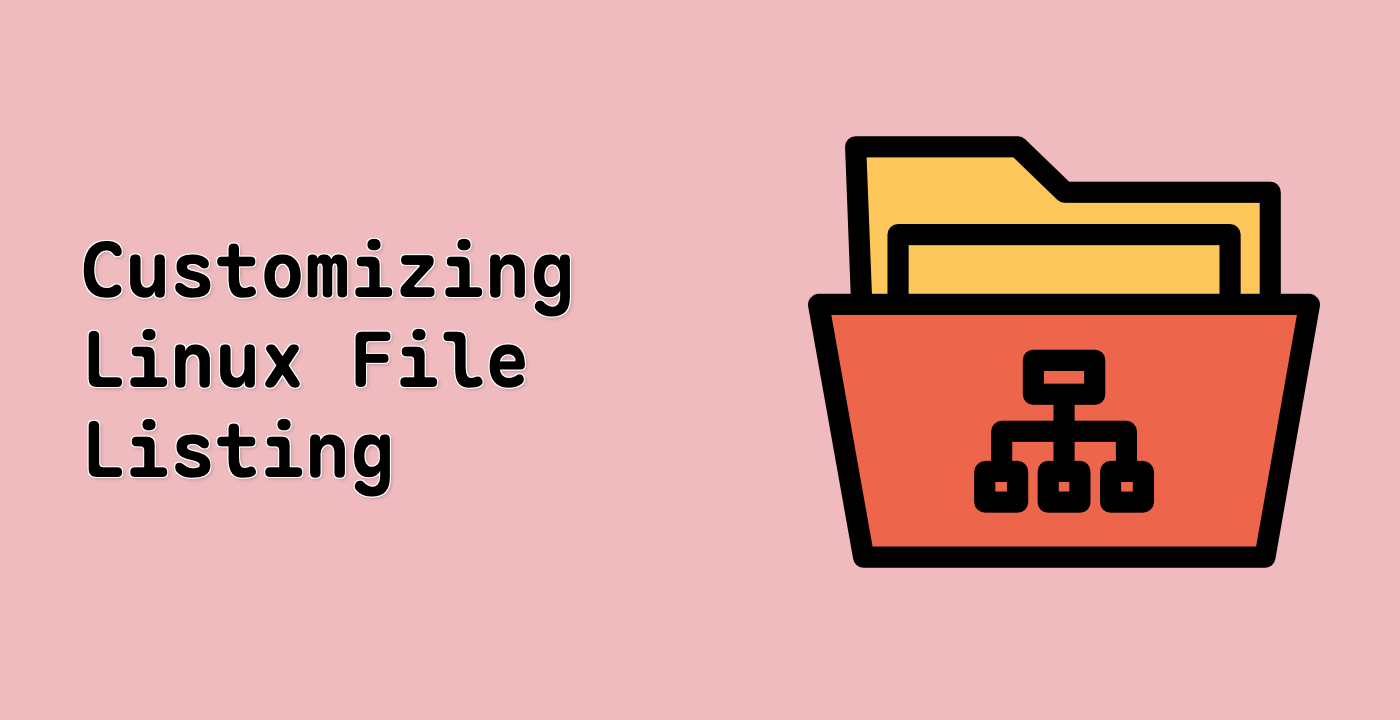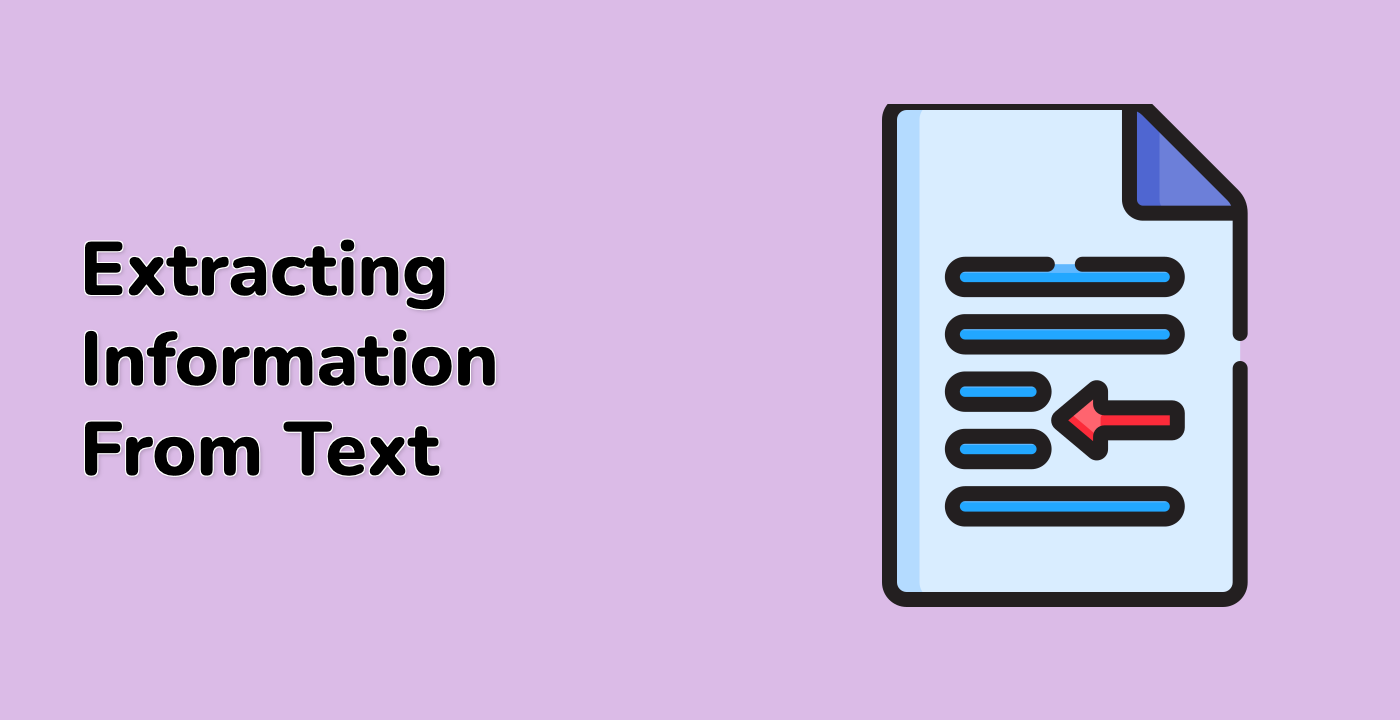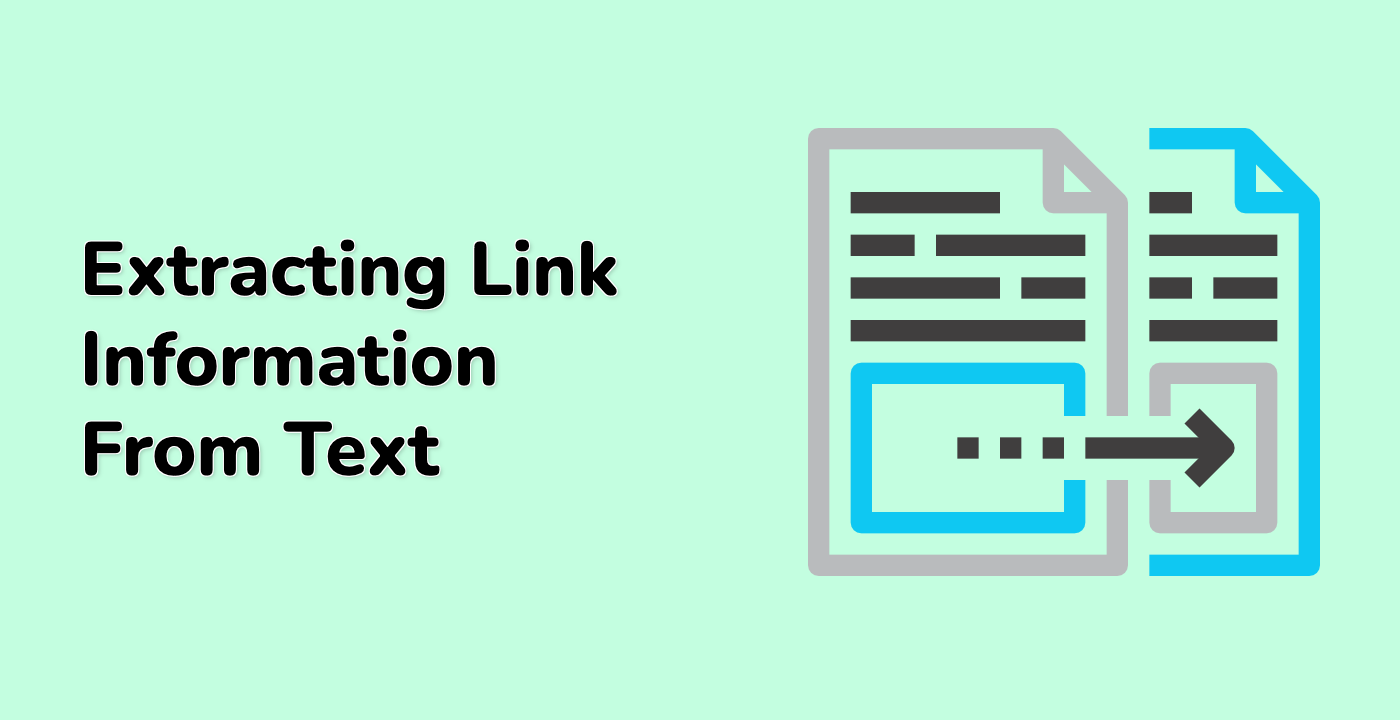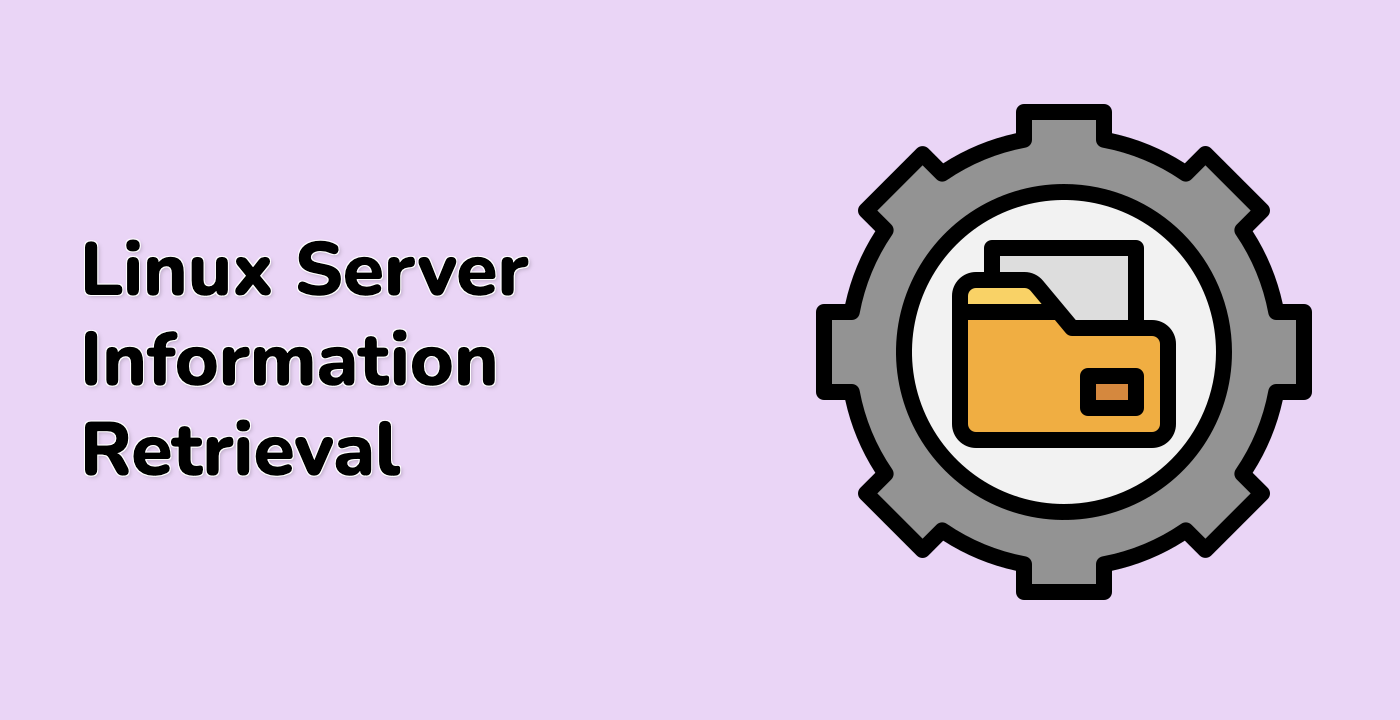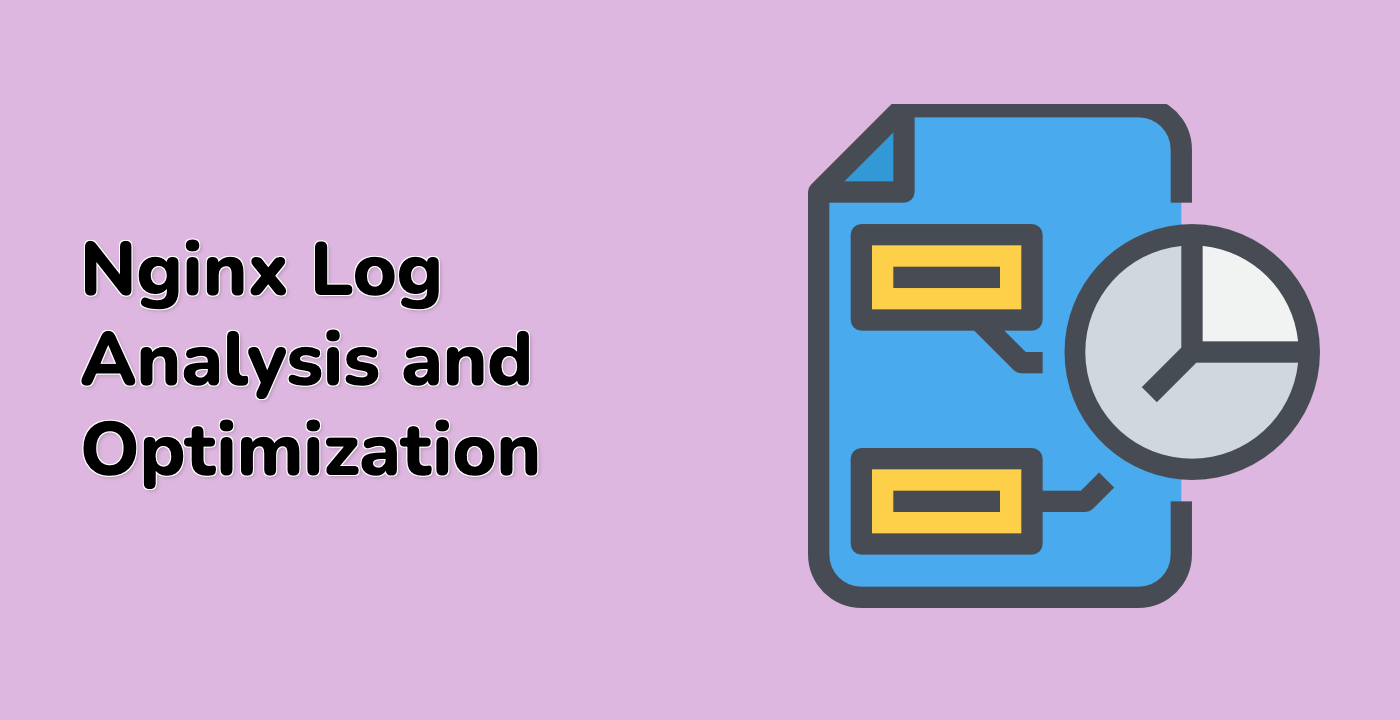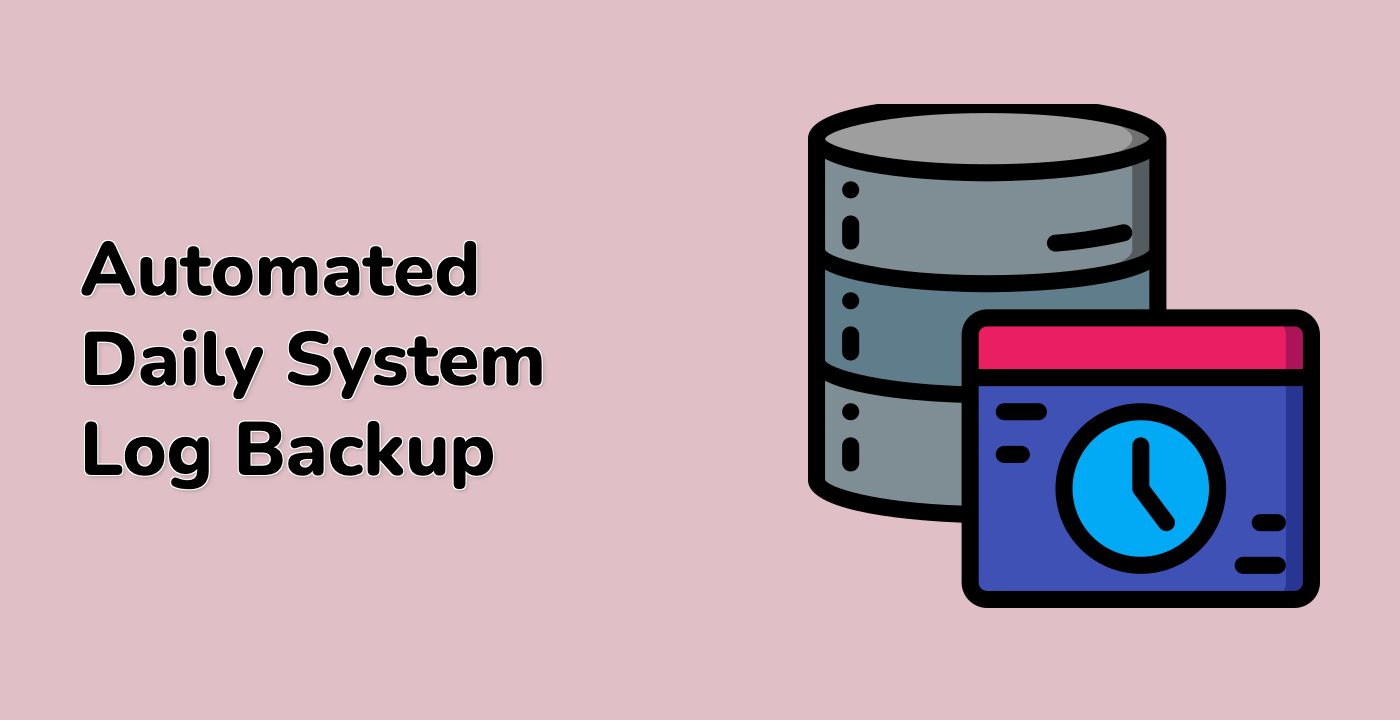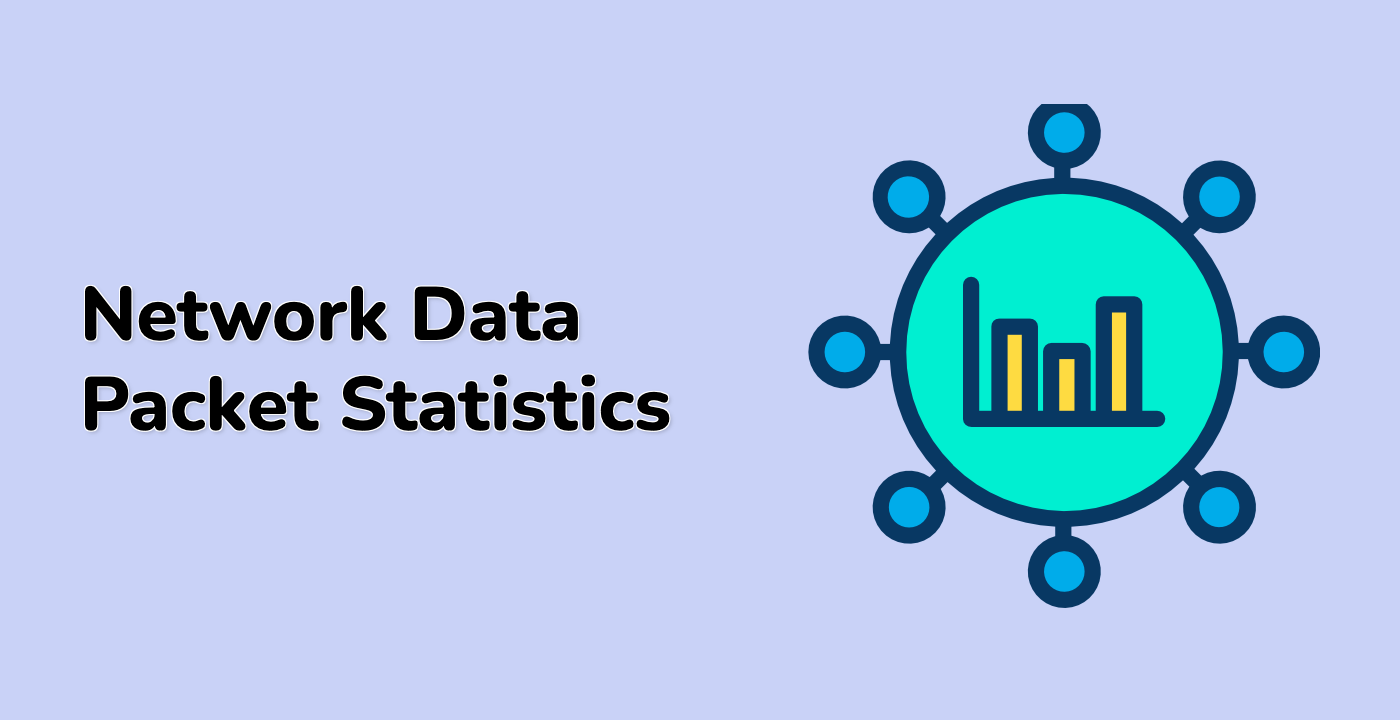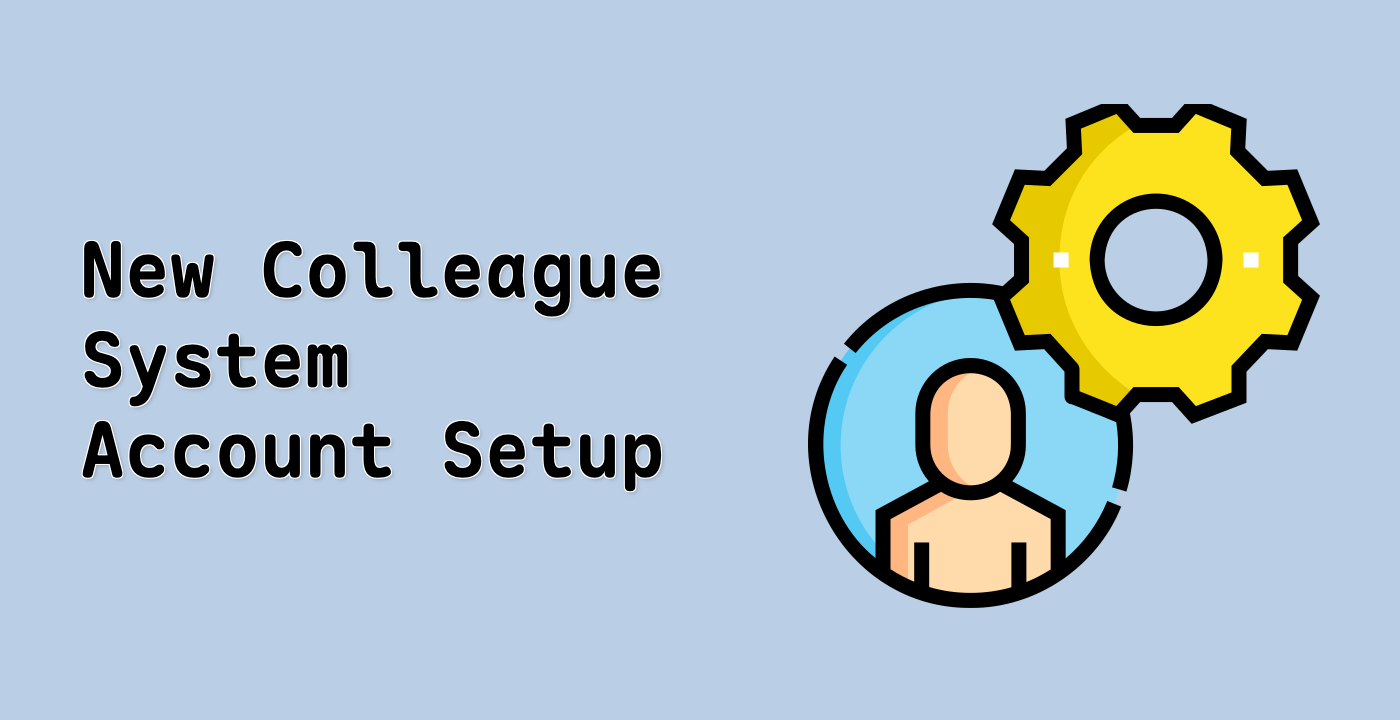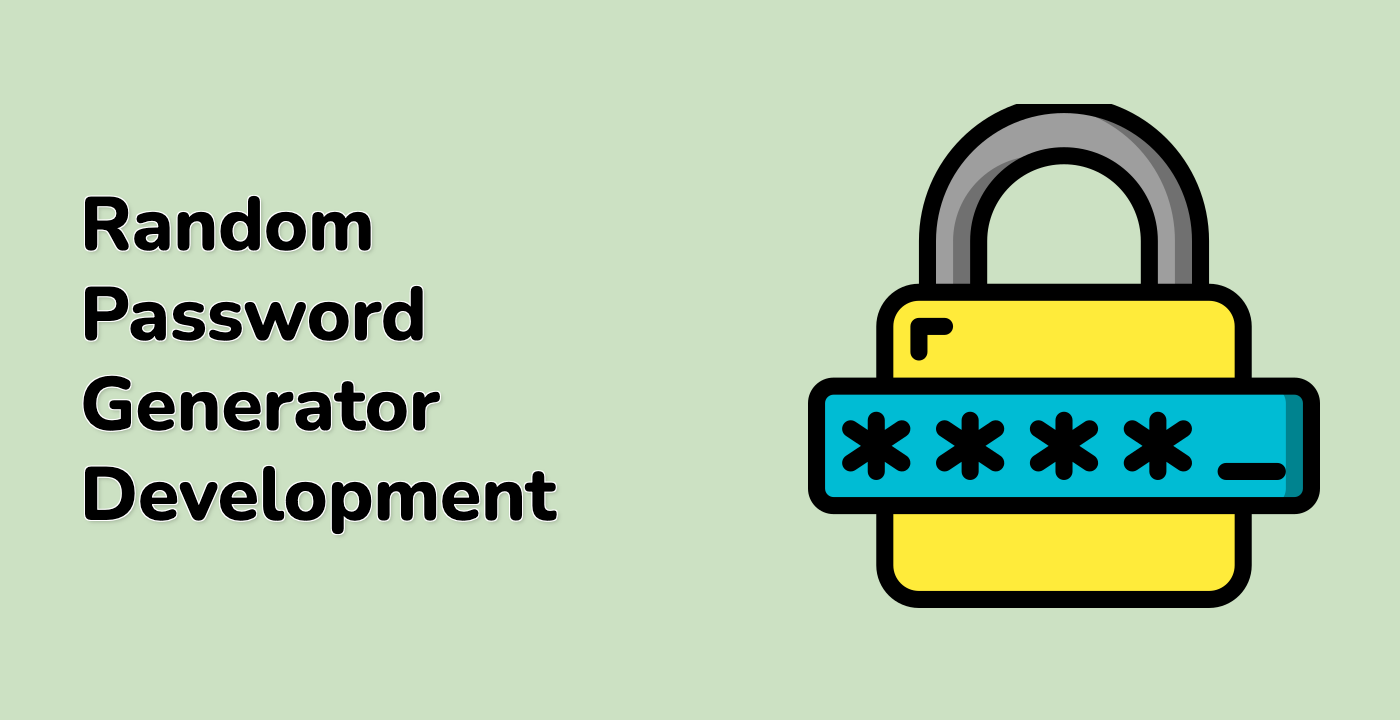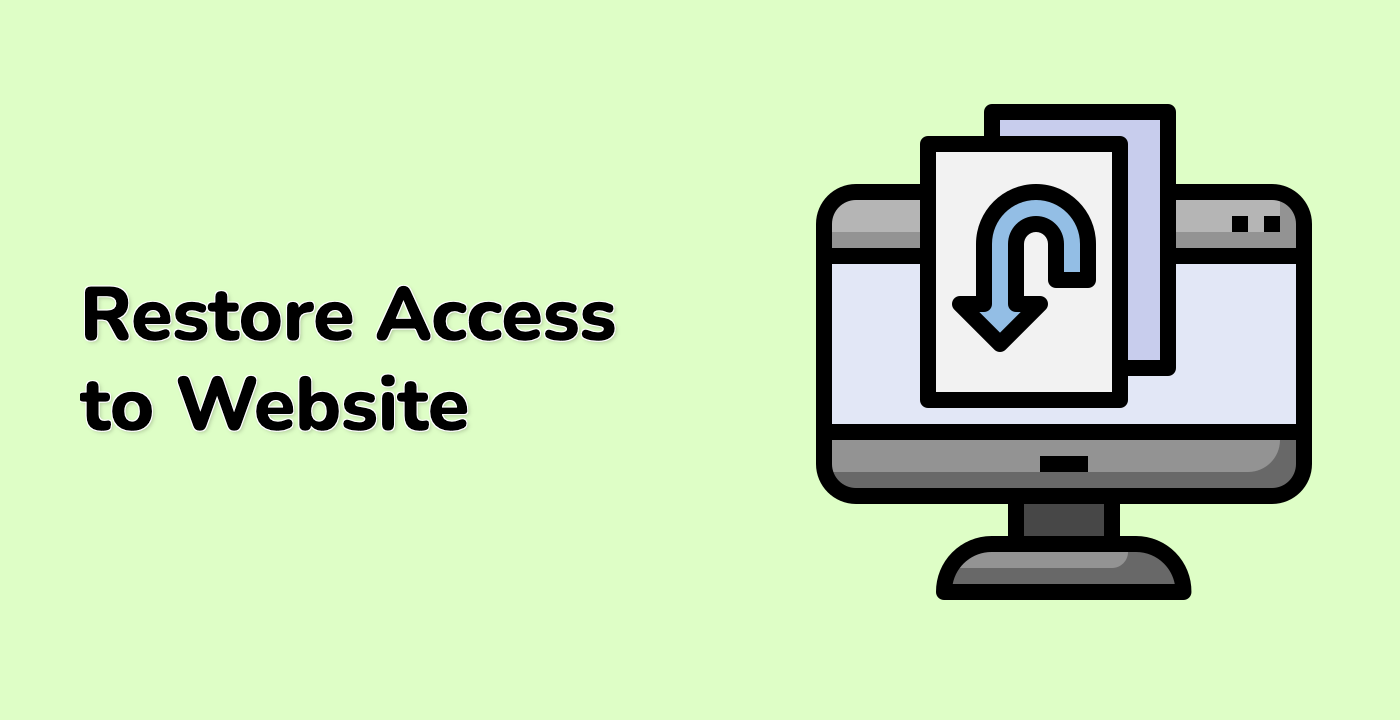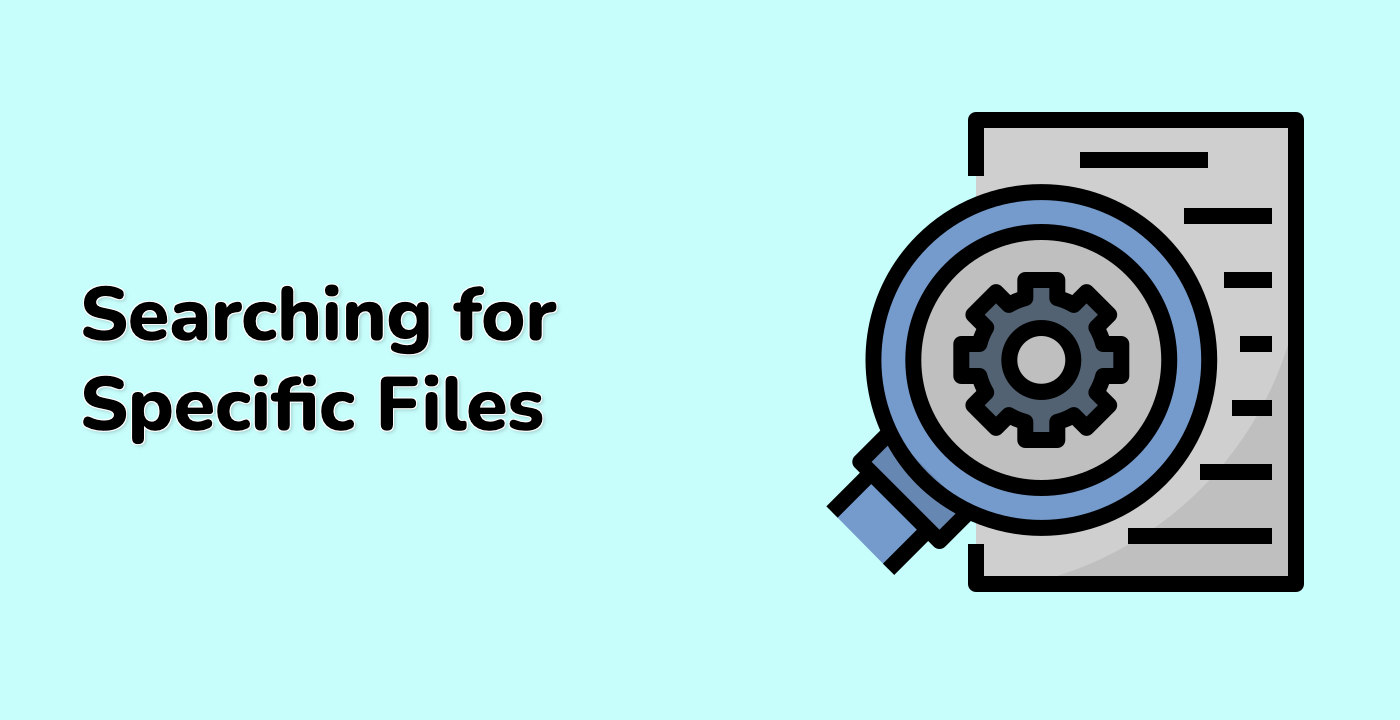
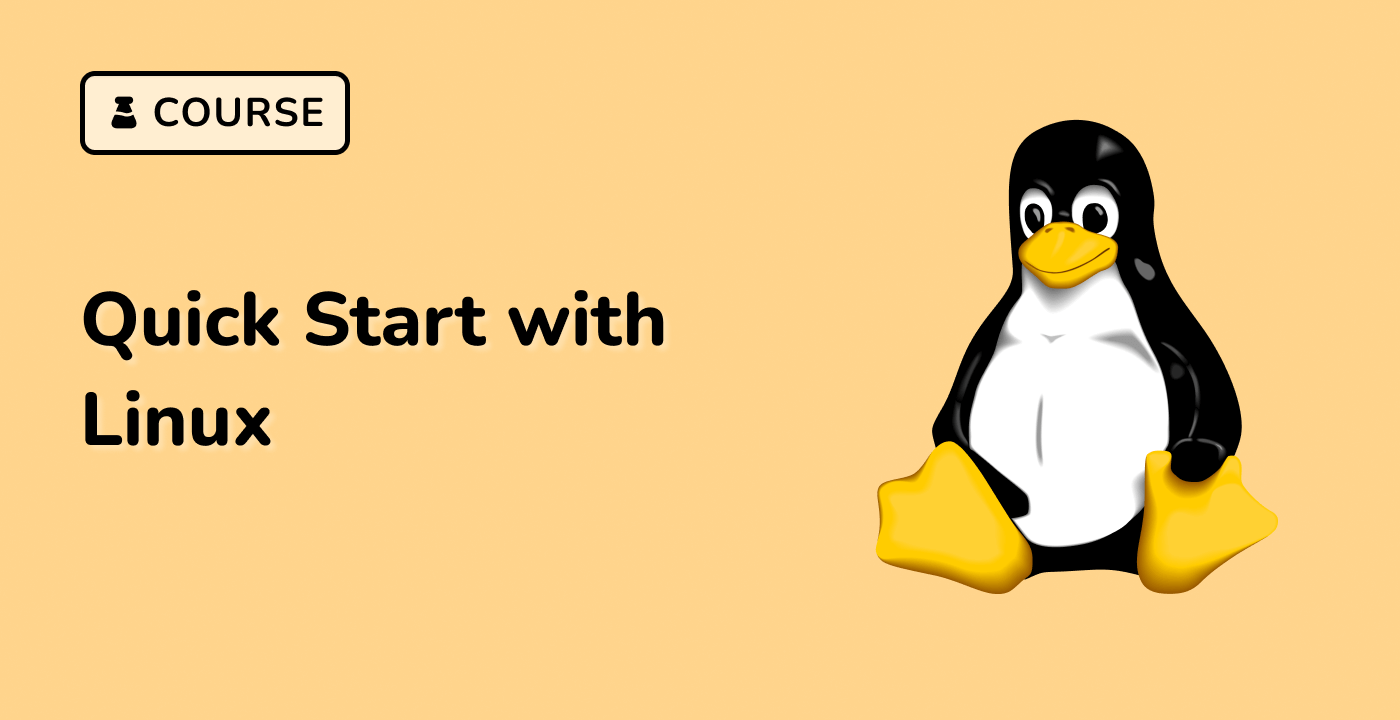
This is a beginner's guide for Linux aimed at those new to the system and looking to begin promptly. By completing ten labs, you will grasp the basics of Linux, enabling you to perform fundamental tasks with ease.
Master the essentials of Git version control in this comprehensive beginner's course. Learn everything from basic commands to advanced operations through hands-on labs and engaging challenges. Perfect for aspiring developers and those new to version control.
0 lab
Our Quick Start with Shell course offers a solid foundation in Bash shell scripting, covering Linux command-line essentials. Through hands-on labs and real-world challenges, you'll master file management, text processing, and automation techniques, enabling you to efficiently use the shell in your daily tasks.
0 lab
This course is designed to help you get started with Docker. We will cover the basics of Docker, including its architecture, components, and how to use it to build and run containers.
0 lab
This course is designed to teach you about managing application containers, using Kubernetes. You’ll learn how Kubernetes works and how to use it to deploy and manage applications.
0 lab
Master Python fundamentals in this hands-on course designed for beginners. Learn essential concepts like data types, control structures, functions, modules, and data structures through interactive labs and practical challenges. Perfect for those starting their Python programming journey.
0 lab
In this course, you will learn how to install Jenkins on a Linux machine using Docker. You will also learn how to create a Jenkins job to build a simple Java application.
0 lab
